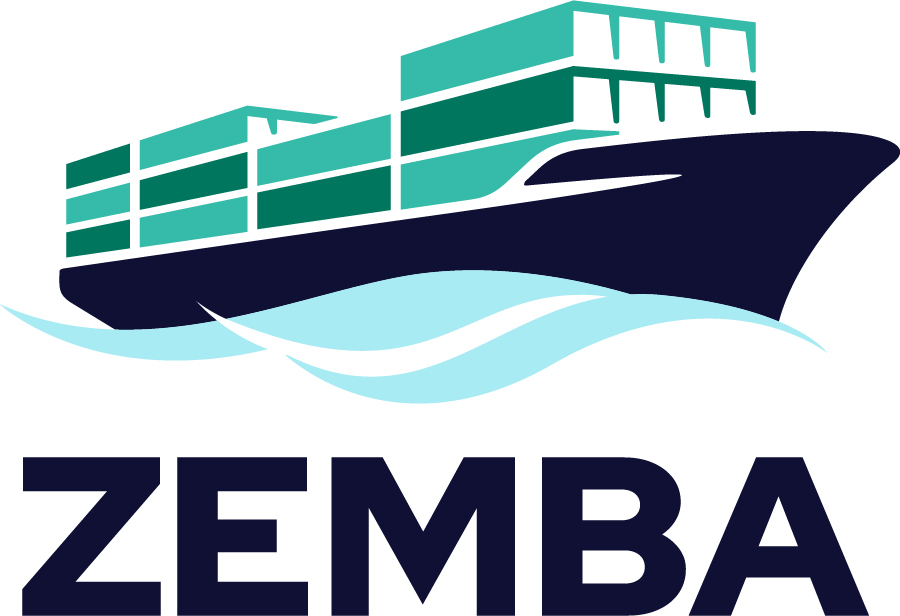This case study comes from one of the largest DIY retailers in Europe, offering products in the areas of home and garden. They have been undertaking a number of initiatives with the objective of reducing transportation emissions over land and sea.
Modal shifting for carbon reduced transportation
As a retail company, transportation and the resulting carbon emissions are unavoidable. Still, we aim to reduce these emissions as far as possible and implement measures along the whole transport chain.
First, in the hinterland transport we shift containers from trucks to barge and rail. As a result, we are able to record an emission reduction of around 50 % for the respective transports. Second, we are testing alternative drive systems for trucks. For example, we use one electric truck for the shuttle from an inland terminal (rail station and inland port) to our central warehouse, besides additional diesel trucks. The e-truck saves up to 94 % of carbon emissions per trip and reduces our total emissions of this transport section by almost 20 %. We are also testing the use of a hydrogen truck that can save up to 91 % of carbon emissions per trip. Further, we optimize the truck load planning and lower the frequency of trips. Thereby, we achieve higher utilization of trucks, and continue to reduce our CO2 emissions.
Reduced carbon emissions and driving the clean energy transition in the maritime sector
As a retail company, we are aware of our carbon footprint generated by the transportation of goods. Especially when sourcing from overseas the products travel a long way before arriving in our stores. To reduce the carbon emissions during the transportation by freighters, we jointed the Zero Emission Maritime Buyers Alliance (ZEMBA).
ZEMBA is a pioneering buyer’s group in the maritime sector, working to accelerate the most sustainable, scalable, and economically viable solutions for the maritime sector. Through competitive, forward procurement processes, ZEMBA aggregates freight buyer demand for the emissions reduction (environmental attributes) associated with clean energy-powered shipping.

In April 2024, ZEMBA successfully completed its inaugural tender, which was the first-ever collective effort by a group of climate-leading freight buyers to go to market in search of sustainable shipping solutions at commercial scale. Through the tender, ZEMBA estimates that members collectively will abate at least 82,000 tons CO2e in 2025 and 2026 (in total). Therefore, by participating in the ZEMBA initiative, we can save carbon emissions that would usually be generated by our sea freight transportation while stimulating a market for most sustainable shipping services.
To continue to drive the maritime sector’s clean energy transition, ZEMBA is preparing its next tender, which is focused on catalyzing the first commercial deployment of e-fuels in the maritime sector for deployment in 2027. Our company is closely monitoring the evolution and is willing to invest more into sustainable freight transportation.
More information can be found at this link: Zero Emission Maritime Buyers Alliance – ZEMBA
